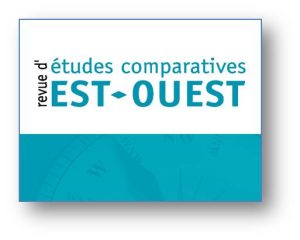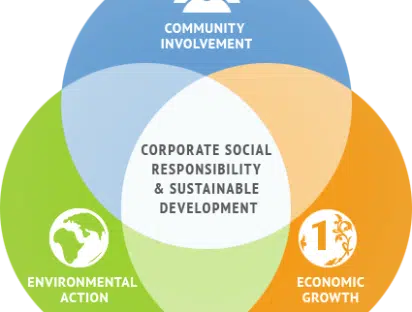
Behind the official objectives of EU accession aid
In this article, I am exploring a new approach, based on the prism of International political economy (IPE), of European multilateral assistance to Central and Eastern European Countries (CEECs) that joined the European Union (EU) a decade ago. The first part defines the notion of Aid, explains why IPE is a pertinent approach, and shows how it could be adapted here. The second part then focuses on the European multilateral assistance to the CEECs showing that it forms a series of institutional arrangements to properties comparable to those of a regime, concluded by actors with differentiated power, knowledge and interest and which effects are very different from those predicted.
While the official objectives of the European assistance to the CEECs was to help them in their transition and their accession to the EU in promoting good governance and economic convergence, it has been repeatedly criticised for the low level of the amounts concerned, the unequal distribution among the CEECs, the long delay between the decision to pay and the effective payment, and the lack of economic convergence between the CEECs and the EU-15 countries. The contribution of IPE is to show that behind these apparent contradictions the European assistance to CEECs has the consistency of a regime, that is to say it works like a ‘social contract’ between various interests and actors (States, European institutions, companies, individuals). Consequently, its real purpose is not the official objectives (transition, accession, convergence, etc.) but the stability of the effective institutional arrangement and the balance of the powers involved. Centralisation of the payment decision-making, commercial asymmetry included in the Association Agreements, notion of ‘absorption capacity’, ‘Phasing in/Phasing out’ practices… are examples of such a search of stability.
Doctor in economics, Assen Slim teaches international economics at ESSCA School of Management. He is also a lecturer in Macroeconomics at the French National Institute of Oriental Languages and Civilisations (INALCO – Langues’O). Assen is particularly interested in all aspects of economic transition in Central and Eastern Europe, including European aid mechanisms and economic integration.





